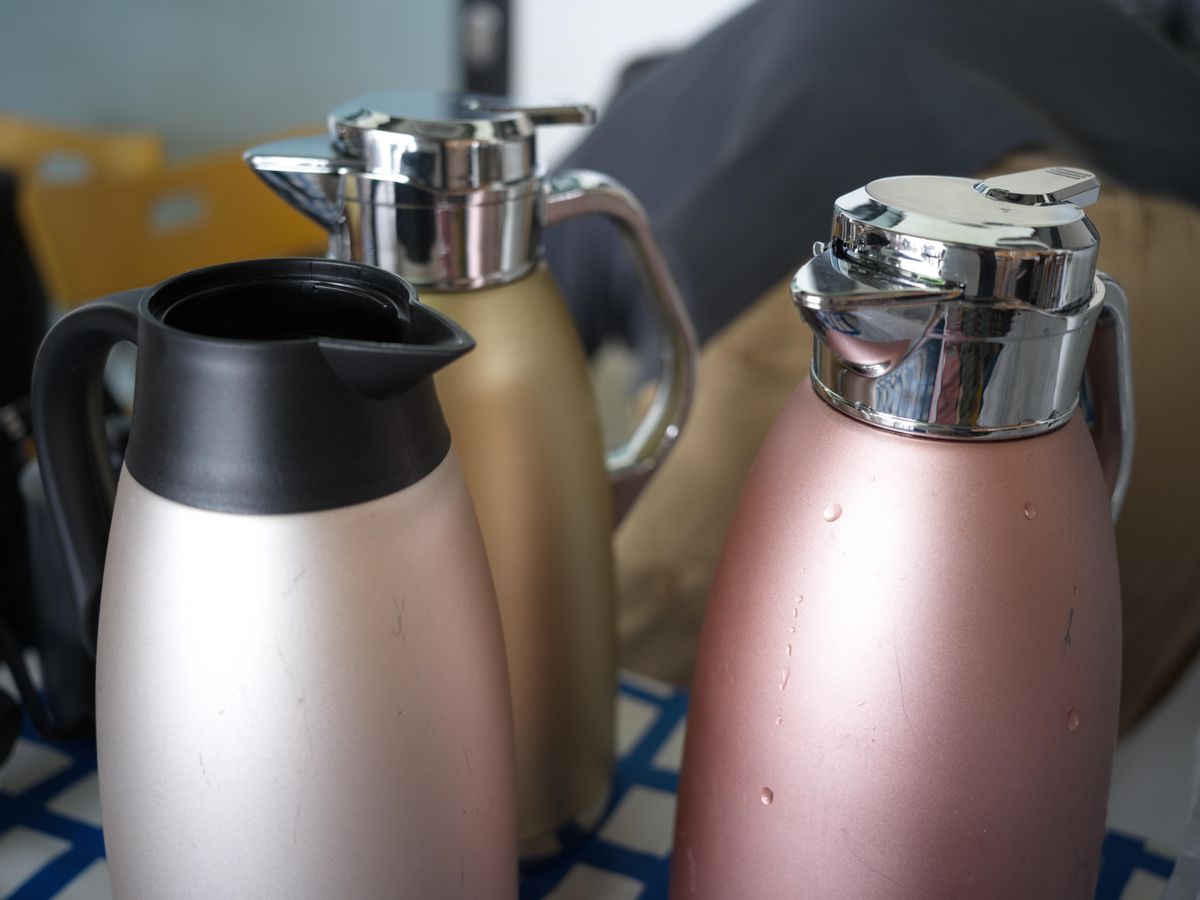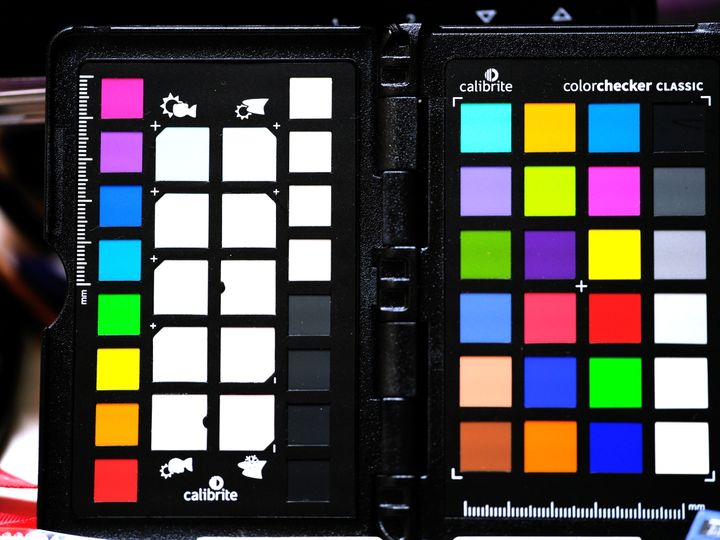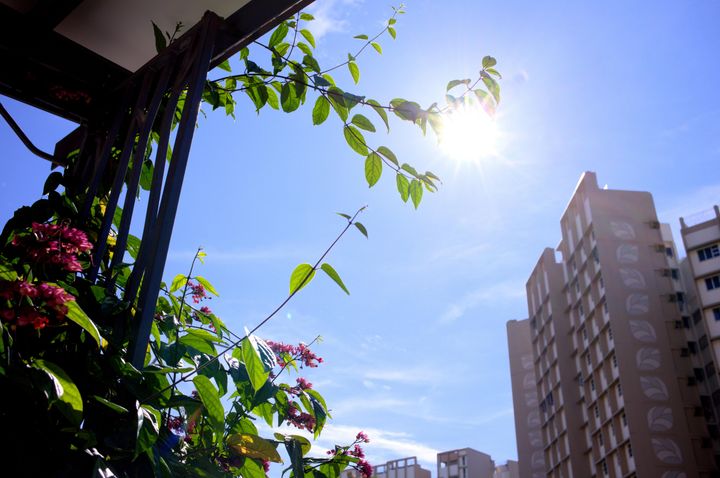QT 17/08/2025 Sun. Ezekiel 24 When the Boiling Pot Speaks 当沸腾的锅开口说话

QT 17/08/2025 Sun. Ezekiel 24 When the Boiling Pot Speaks
READ http://www.esv.org/eze24
🔥 Scripture focus:
"Son of man, behold, I am about to take the delight of your eyes away from you at a stroke... Yet you shall not mourn or weep nor shall your tears run down." — Ezekiel 24:16
📖 Context Summary
Ezekiel 24 falls on the day Babylon lays siege to Jerusalem. God gives Ezekiel a parable of a rusted pot and then announces a deeply personal judgment: his wife—the delight of his eyes—will die suddenly, and he must not mourn publicly.
The boiling pot symbolises Jerusalem under judgment: full of corruption ("rust"), not cleansed even by the fire of suffering. The death of Ezekiel's wife becomes a sign to the people: they, too, will lose what they love most—the temple—and will be too stunned to grieve.
💡 Devotional Reflection
🔥 (1) Judgment Begins in the House of God
The boiling pot is God’s symbol of judgment—not against the pagan nations first, but against Jerusalem, His own people. “Woe to the bloody city, to the pot whose corrosion is in it...” (v.6)
God doesn't overlook sin simply because His name is on the building. Instead, He holds His people to a higher standard, and their corruption grieves Him deeply. This challenges us to examine the hidden rust in our lives—the attitudes, secret sins, or complacency that resist His cleansing fire.
💔 (2) The Cost of Obedience
Ezekiel paid a heartbreaking price to obey God's call. God said He would take away "the delight of your eyes"—his beloved wife. “Yet you shall not mourn or weep…” (v.16)
This wasn’t cruelty—it was prophetic drama with a painful message: the people would soon face such devastation they wouldn’t even be able to grieve properly. Ezekiel’s silent grief became a living sermon.
Sometimes obedience to God may cost us deeply. Are we willing to trust Him, even when the path leads through personal loss or pain?
🧭 (3) When Words Run Out, Lives Speak Loudly
God told Ezekiel: "You shall be a sign to them" (v.24). Ezekiel didn’t preach this one with words—but with his life. In the moment of greatest personal sorrow, he still obeyed.
There may be times when our actions speak louder than our sermons. When we suffer, yet still trust God, people see the gospel in ways words could never express.
🙏 Prayer
Lord, purify my heart and remove the rust I’ve hidden from others. Let my life—not just my words—preach Your truth. When You call me to hard obedience, give me the grace to follow, even through grief. I trust that Your judgments are just, and Your love never fails. In Jesus’ name. Amen.
🔍 Reflection Questions
(1) What "rust" in my life is God trying to bring to the surface?
(2) Would I trust God even if He asked me to endure deep personal loss?
(3) How can I live in a way that becomes a sign to others of God’s truth?
QT 17/08/2025 星期日. 以西结书第 24 当沸腾的锅开口说话
阅读 http://m.bbintl.org/bible/ncv/Eze/24/
🔥 经文重点:
“人子啊!我要打击你,把你眼中所喜爱的夺去,你却不可悲哀,不可哭泣,也不可流泪。”——以西结书24:16
📖 背景摘要
以西结书24发生在巴比伦围攻耶路撒冷的日子。上帝给以西结一个生锈的锅的比喻,然后宣布一个深刻的个人审判:他的妻子——他眼中的喜悦——将突然死去,他不得公开悲哀。
沸腾的锅象征着受审判的耶路撒冷:充满腐败(“锈”),即使经历苦难的烈火也无法洁净。以西结妻子的死亡成为对百姓的预兆:他们也将失去最珍爱之物——圣殿——并因震惊而无法悲伤。
💡 灵修反思
🔥 (1) 审判始于上帝的殿中
沸腾的锅是上帝审判的象征——不是首先针对外邦国家,而是针对耶路撒冷,祂自己的子民。“流人血的城,就是长锈的锅,有祸了!……”(第6节)
上帝不会因为建筑上刻有祂的名字就忽视罪恶。相反,祂要求祂的子民达到更高的标准,他们的腐败深深地使祂悲伤。这挑战我们去检查我们生活中隐藏的锈迹——那些抵制他洁净之火的态度、秘密的罪恶或麻木不仁。
💔 (2) 顺服的代价
以西结为了顺服上帝的呼召,付出了令人心碎的代价。上帝说祂要夺走“你眼中所喜爱的”——他深爱的妻子。“你却不可悲哀,不可哭泣,也不可流泪。”(第16节)
这并非残酷——而是带有痛苦信息的先知性戏剧:百姓即将面临如此浩劫,甚至无法正常哀悼。以西结的沉默悲痛成为活生生的讲道。
有时顺服上帝可能要付出沉重代价。我们是否愿意信靠祂,即使道路通向个人损失或痛苦?
🧭 (3) 当言语耗尽,生命发出响亮的声音
上帝说:“以西结必成为你们的一个兆头”(第24节)。以西结没有用言语传讲这信息——而是用他的生命。在个人悲伤最深的时刻,他仍然顺服。
有时,我们的行为比讲道更能发声。当我们受苦却仍信靠上帝时,人们会以言语无法表达的方式看见福音。
🙏 祷告
主啊,洁净我的心,除去我向他人隐藏的锈迹。愿我的生命——而非仅凭言语——宣讲您的真理。当您呼召我顺服艰难时,赐我恩典跟随,即便在悲痛中。我信靠您的审判公义,您的爱永不失败。奉耶稣的名。阿们。
🔍 反思问题
(1) 上帝正在试图揭示我生命中哪些“锈迹”?
(2) 如果上帝要求我承受深刻的个人损失,我是否仍会信靠祂?
(3) 我该如何生活,才能成为他人看见上帝真理的标志?


